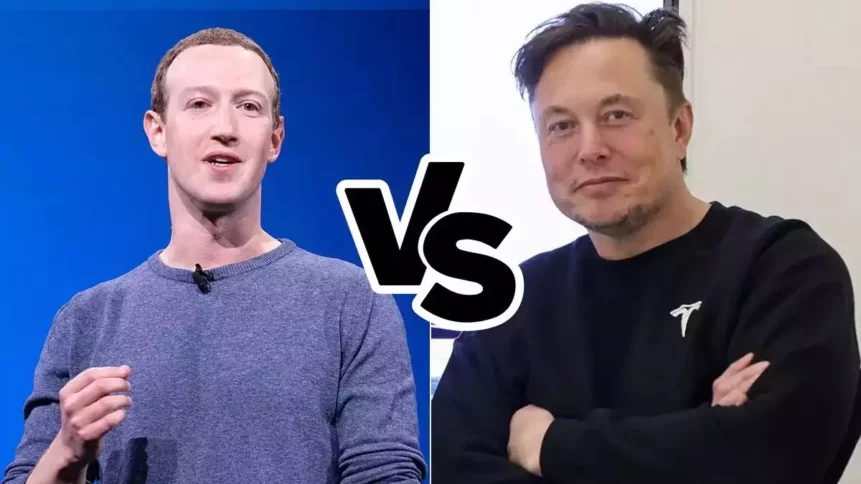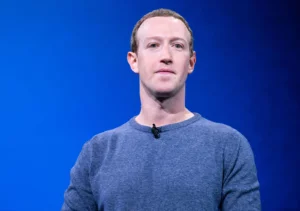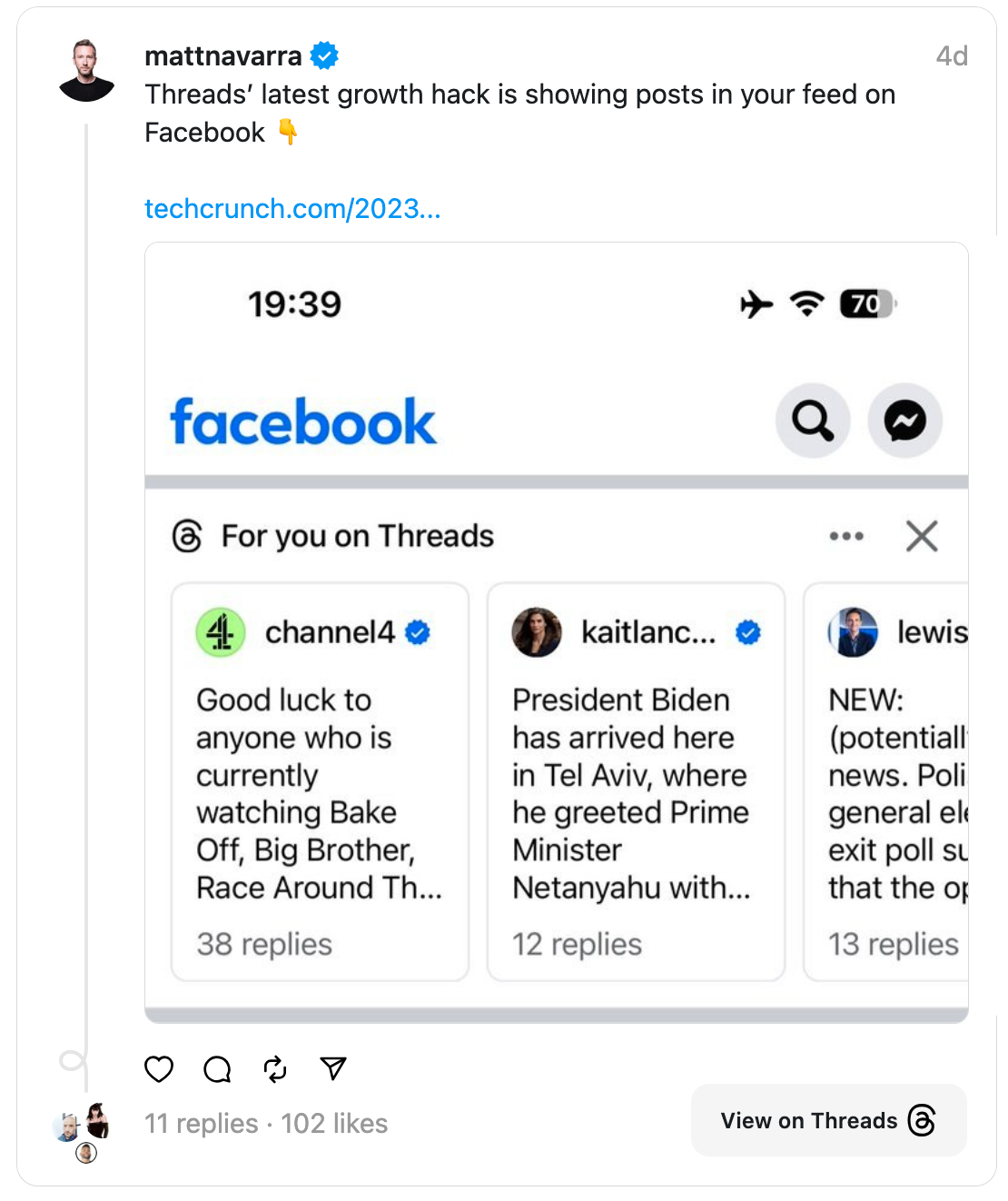
Threads user numbers are finally on the up, after the platform’s somewhat rocky start. When the Twitter alternative was announced, there was an initial wave of downloads that didn’t stick. In fact, although Threads set the record for most downloads of a new app, but 78% of those stopped using the app, according to SensorTower.
Since then, Threads has rolled out a bunch of new features. It seems Mark Zuckerberg is making good on promises to accelerate Threads use. Initially, users flooded to the app looking for a like-for-like replacement of Twitter. That’s pretty much exactly what Meta wanted.
Threads sprung up in the midst of Elon Musk’s chaos at Twi- we mean X. The app’s popularity waned and a team of just 15 engineers built Threads off the back of Instagram’s tech, to save the day.
In July, Zuckerberg insisted that the app wasn’t in its final form: “I’m highly confident we’re gonna be able to pour enough gasoline on this to help it frow,” he said. 
Threads users can now enjoy features including a web version, keyword search, and voice posts. There are smaller things, too, like being able to follow updates in individual threads at the tap of a bell icon, a way to mass follow people mentioned in a post, and even tag people’s Instagram accounts, are now available.
It’s working: users are returning and bringing newbies with them. In October so far, Threads has hovered around 33 million daily active users and 120 million monthly active users, up from 25 million daily and 100 million monthly, according to Apptopia.
That 78% drop SensorTower reported has shrunk to 28%. Since the app launched on July 6, it’s been downloaded 260 million times, Apptopia data shows, with downloads in September almost double the downloads in August.
By Meta’s standards, the team working on Threads is small: about 50 people. The company was apparently surprised by the interest in the app and “really wants it to work” one employee said.
We aren’t totally sure we believe this surprise. Why launch an app that you didn’t think would get any interest? Why do so when a previously very popular iteration of the same concept is beginning to struggle?
Anyway, Threads is now being integrated with Instagram and Facebook. There’s a direct link to Threads on each user’s Instagram page, a post on Threads can be sent in Instagram DMs, a carousel appears in-feed on Instagram showing a carousel of select posts under the header “threads for you.”

A Threads post showing Facebook showing a Threads post – got it?
As of this week, that carousel has begun appearing on Facebook feeds.
In New York, Instagram’s October anniversary celebrations included Threads, when creators were invited to a day of panels on how to best use the platforms – merch featured the Threads logo.
“A big thank you to everyone who’s made Instagram and Threads what they are today,” Adam Mosseri, head of Instagram, wrote on Threads about the event.
More features, such as polls, are said to be on their way for Threads. And of course, monetization, coming soon, will lead to changes. This week, cyber security analyst Jorge Caballero found within the app’s code several new additions related to ads and paid partnerships, which are key for creators to highlight when a product they’re posting about is an advertisement.
Two people familiar with Meta’s advertizing business said Threads is expected to appear as an option on Meta Business Suite, the company’s ads and business platform, early next year.
Are new Threads users just escaping X?
The recent increase in Threads users might be the result of new features, or teasers appearing on two of the most popular apps in the world. It might also be because the site Threads is trying to replicate is going, erm, downhill.
So far, Meta hasn’t mentioned whether showing Threads on Instagram has made any difference to its engagement. The social media giant told TechCrunch that “We have added a number of new features to the app since launch, and are now making it easier for people to see the latest content from Threads directly on Facebook.”
Threads users can enjoy many of the features that Twitter had before it became X. For example, a recent addition to Meta’s offering was an edit button; Musk’s platform offers the ability to edit posts as a perk of a premium subscription, which costs $8 a month.
Whatever happened to the Zuckerberg vs Musk fight? I was so looking forward to them pummeling each other.
— droogie 🇺🇸🇺🇦 (@kb7vvd) October 17, 2023
Earlier this week, X begun experiments with a $1 per year fee for new accounts in New Zealand and the Philippines with hopes the move would reduce spam bots on the platform.
X has been the focus of scandal as Musk allowed far-right posters back onsite, ditched his election integrity team and newsfeed algorithm changes that make most prominent posts from ChatGPT influencers, edgelords, and his business and culture-war confidants.
In its heyday, Twitter was built on in-the-moment updates on breaking news from first hand sources and reporters. Some combination of Musk’s changes to make Twitter what is now X has made this difficult, putting the burden on the user to sort through who might be close to a story and who might simply be LARPing as a source close to the news.
Threads users shouldn’t expect the alternative to be any better, though. Maybe Meta’s offering won’t be as full of propaganda and false claims, but that’s because Instagram head Adam Mosseri has said that the social network won’t “amplify news on the platform.”
Not all news sources even have Threads accounts, or use them to post breaking news to the app. In the coming weeks, Mosseri also said that in the coming weeks, the platform will lift the block on the search for “Covid” and related terms. The fact those things were banned at all raises some eyebrows.
The thing is, in the early days of social media it seemed like the birth of a new News format. Outlets took to posting and, to accompany this flow of verified information, Facebook, Twitter, and other social media companies built large content moderation teams and partnerships. It was an effort to limit misinformation and disinformation spread by bad actors, spin doctors, and others seeking engagement and influence.
As Musk must have decided, though: that’s an unnecessary cost. Rather than let misinformation run rampant, Threads is cutting the same corners as X by avoiding news altogether.
“Politics and hard news are important, I don’t want to imply otherwise,” Instagram boss Adam Mosseri wrote in July. “But my take is, from a platform’s perspective, any incremental engagement or revenue they might drive is not at all worth the scrutiny, negativity (let’s be honest), or integrity risks that come along with them.”








